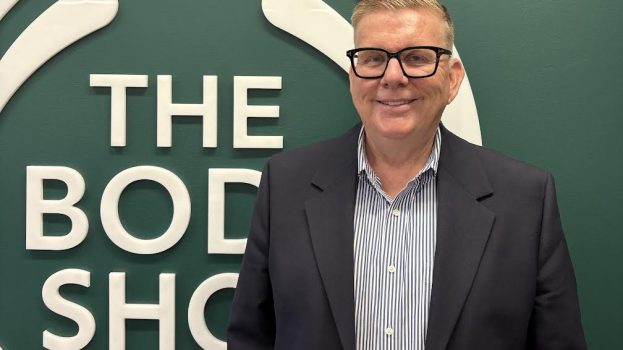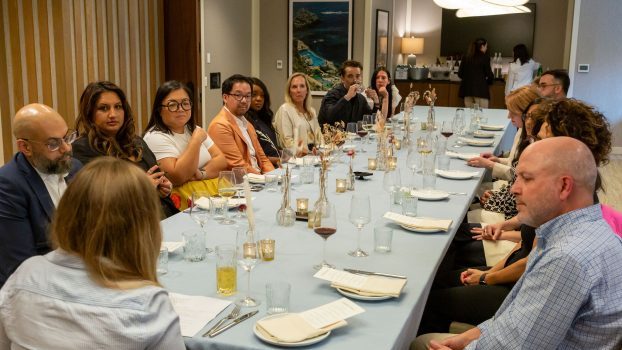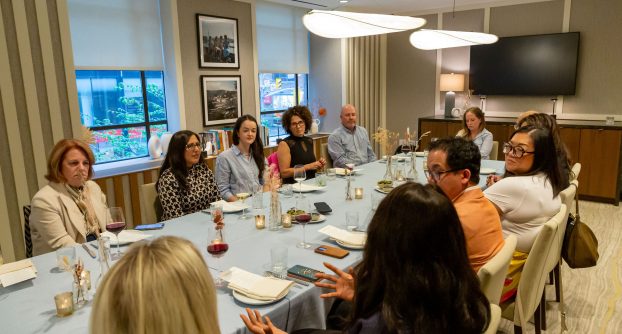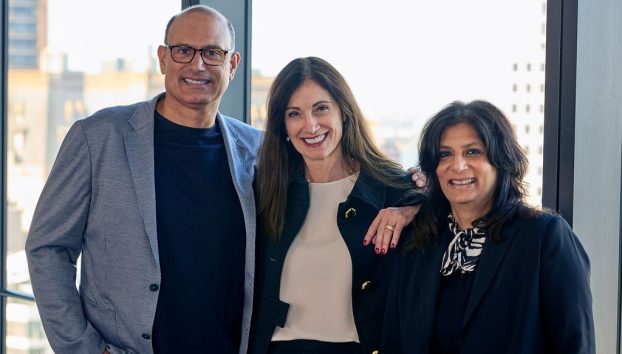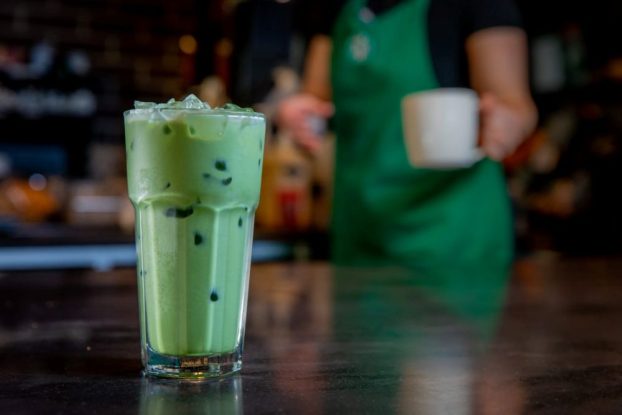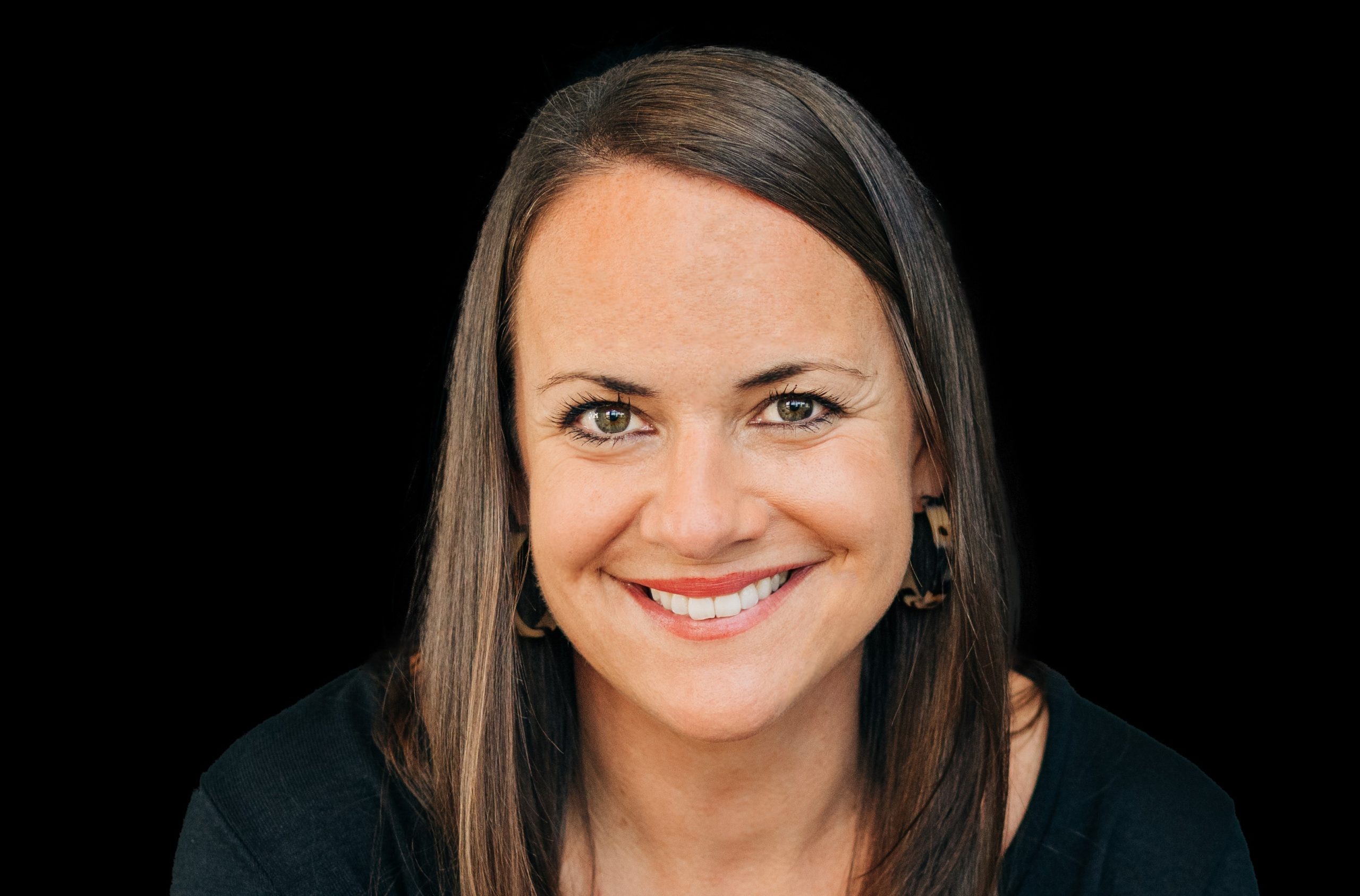
Organigram has come a long way from its 2013 launch as a Moncton-based medical-cannabis company to where it finds itself now as a heavyweight in the recreational-use space with its sights set far beyond Canada’s borders.
As the newly rebranded Organigram Global, the firm is accelerating its footprint in markets such as Australia, Germany and the U.S. as the company evolves further away from its original medical-first focus into a predominantly recreational brand.
Backed by British American Tobacco, Organigram continued on a merger and acquisition campaign this month with the purchase of American cannabis-drink maker Collective Project. The deal is one of many that Organigram has made since its purchase of Motif in December made it Canada’s largest cannabis company by market share.
Megan McCrae is well-suited for the transition as Organigram’s senior VP of global brands and corporate affairs. With almost two decades of experience in CPG marketing at firms such as Aphria and Japan Tobacco International, she has a track record of success at home and abroad.
Similar to how the company had a leg up in 2018 upon legalization in Canada because of its background as a medical firm, Organigram Global is once again well-positioned to expand its horizons in the sector as more and more countries around the world loosen their restrictions on cannabis.
We spoke with McCrae about Organigram’s confident rebranding approach, where she sees the industry heading and how her company hopes to shape it.
Can you tell us why this was the right time for the Organigram to execute its rebrand?
So we’ve started to strategically dip our toe into the market in the U.S. in a compliant way. And then there’s obviously our ambitions to grow globally in other markets, like Germany, Australia. We export to those markets and now we want to take a bigger presence in terms of having boots on the ground there and having strategic partners there, as well as bringing our own brands and our IP into those markets.
This marks the perfect point in our journey as a company where, while we’re very proud of our our East Coast organic roots, our company has really evolved so much more and we’re not that company anymore. And we really wanted a chance to bring a name and a logo and a visual-identity change to really reflect who our company has become and where we’re going, as opposed to where we where we were in the past.
How does the rebrand reflect where the company is going?
It’s really about reflecting a bold, innovative, future-looking global company. We really wanted a logo that would look solid and professional and stand on its own two feet versus having to include too many graphic elements. Big, strong companies who are confident and leaders don’t necessarily need that.

You know, your name stands on its own and we really wanted our name to be a recognized name. So, as we continue to evolve in this process, it was really about, ‘Okay, this is the logo that marks who we are as global leaders.’
How has Organigram differentiated itself and adapted to shifting consumer trends while so many others in the space have begun to retreat?
At a time when a lot of companies are cutting back on spending, cutting back on marketing, cutting back on research and insights, for instance, we’re actually doubling down. We spend a lot of money on consumer-insights generation and understanding the consumer because, at the end of the day, as this category evolves, it’s not just about buying a bag of god knows what from your dealer.
But what’s most exciting, and I think where we have a really unique competitive advantage, is that we spend a lot of time and money on innovation and science-backed R & D. If you think about where the category is going to continue to evolve, it’s really evolving into products that are not available on the black market. It’s products that are designed to deliver on certain needs, whether you want to sleep, whether you want to relax, whether you want to focus.
How will expanding to regions that are less as familiar with your products, or that have different cultures surrounding cannabis, effect Organigram’s marketing approach?
I think our messaging now, whether it be our website or when we would continue to talk to international partners, we can really emphasize quality, innovation and trust.
And I think, no matter if you’re a Canadian, or you’re German, or Australian, when you’re talking about a product like cannabis, you want to make sure that you’re working with partners who do have that reputation. And how we bring those proof points to the market will really be about strategic storytelling and highlighting how our journey has changed.
What do you think fellow Canadian cannabis brands can learn from Organigram’s rebrand to remain relevant as the market evolves globally?
I think the rebrand was purpose driven, so it wasn’t really just a cosmetic rebrand. We didn’t just rebrand for the sake of it. The branding has to reflect where you came from and where you’re going and be really clear about that. It’s not just about short-term trends.
We’ve always taken a really measured and disciplined approach and prioritized quality and operational excellence and sustainable growth over fast expansion. We spend a lot of time and money on insight and innovation and it allows us to maintain a strong domestic leadership that gives us the credibility and the confidence to move ahead on a global scale.
– Some responses have been edited and abbreviated.

